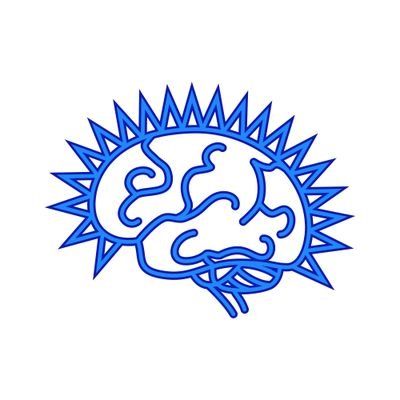Do we have a satisfying answer for why we don’t have access to memories from infancy?
If you listen to a long conversation in a language you can't speak, then learn the language, will you remember what was said? What if you learned the language first? Imagine you were put into a world world that you didn't understand in the slightest. You don't speak the language, you don't recognize the appearance of anything. You don't even have any preconceived ideas or memories. How much would you remember? Humans constantly filter a torrent of data down to the most important insights and remember only those insights. If you don't know what anything means, you can't extract any insights.
@AgiProgrammer @pli_cachete Thirty years ago I was fluent in a language I am no longer fluent in. When I recall the conversations in that country, things said to me by a teacher, etc my brain recalls the conversation as if it was in my mother tongue, not the language of the conversation. Very weird.
@Sim89776996 @radiantSpirit19 This phenomenon isn’t limited to language—it applies to everything the brain remembers. The core idea is that by recognizing patterns, the brain can store more useful details using less data, much like computers use data compression algorithms. However, this process only works if you understand the patterns present around you. Take a non-language example: There was a study where, researchers showed a chessboard to both expert players and novices, giving them 5-10 seconds to memorize the setup before concealing it and asking them to recreate the position. They found that when the board reflected a real game scenario, experts recalled nearly every piece accurately, relying on their ability to recognize familiar configurations. But when the pieces were arranged randomly, their performance was only slightly better than novices’. This suggests that their memory advantage came from pattern recognition. Here’s another example: Imagine you saw a PC, monitor, keyboard, and mouse on a desk in an office building. Your brain would likely register it as a typical workstation in a logical setting. In fact, you might simply recall the office as a standard one with typical desk setups, requiring minimal memory effort. But if you were unfamiliar with computers or office environments, remembering the arrangement would be far more challenging, because you’d lack the context to group the items into a recognizable pattern.
@AgiProgrammer @pli_cachete very well said... love it.
@AgiProgrammer @pli_cachete By Julian Jaynes concept of conciliation, our brain fits things we perceive into known things subconsciously. If we don't know the language, we can't conciliate and can't remember unless we make an conscious effort.
@AgiProgrammer @pli_cachete but what about images; no language dependence there… so why can’t we recall what we saw?






